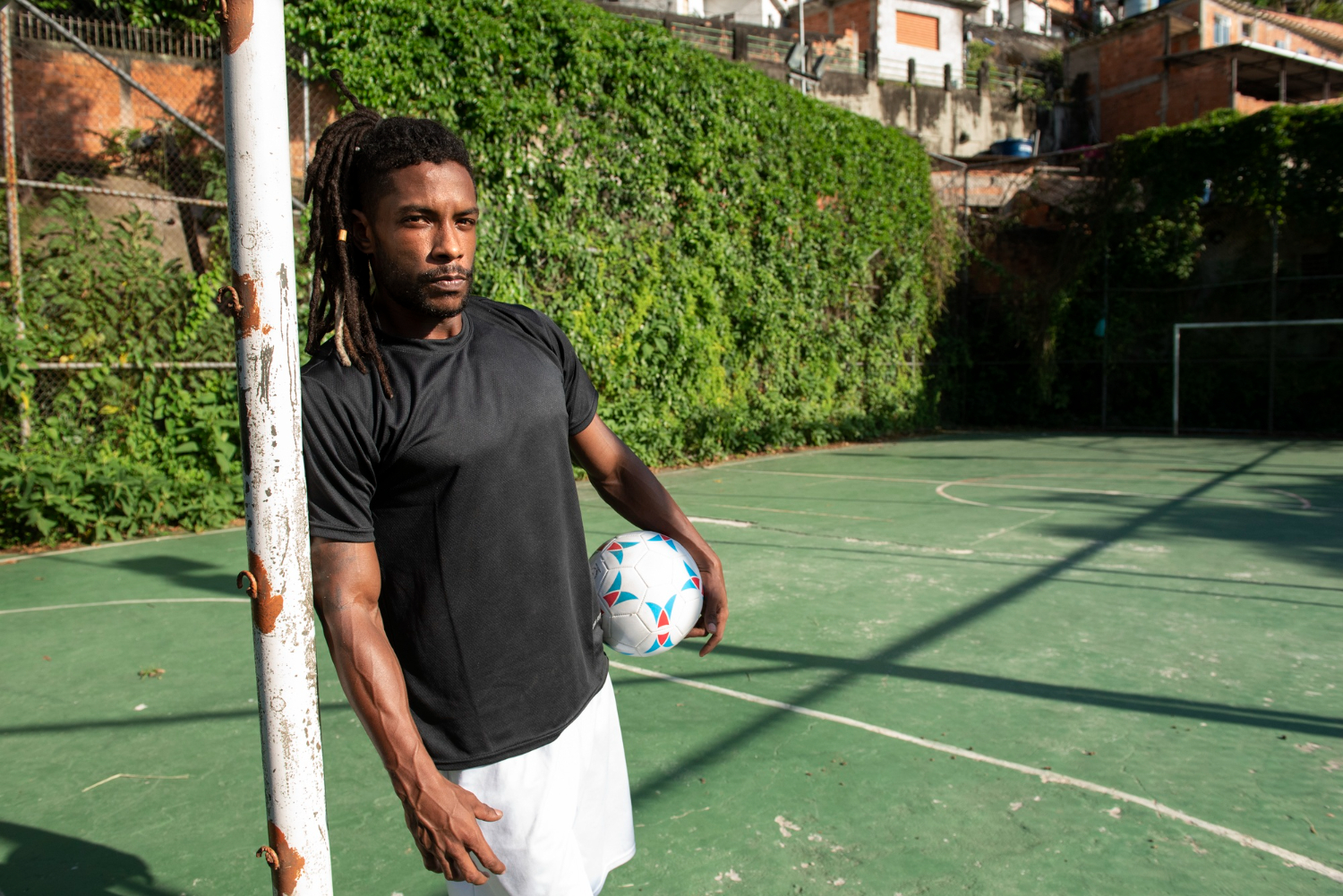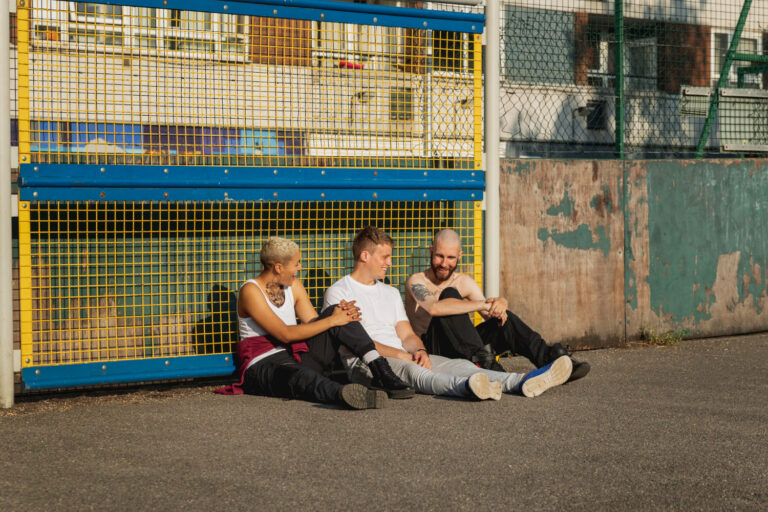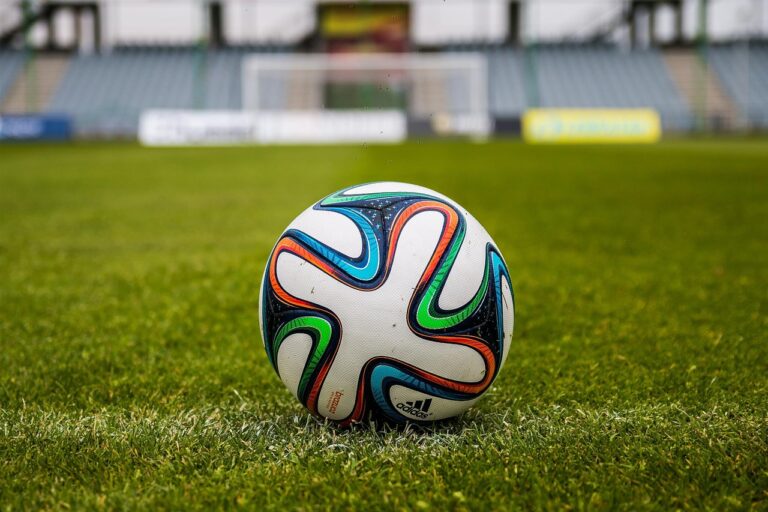The Next Wave of African Football Talent
Talent doesn’t wait for permission, and nowhere is that more evident than in Africa. Across dusty pitches, schoolyard tournaments, and youth academies, the next generation of African stars is quietly putting in the work. What used to be a pipeline for raw physicality is now producing complete footballers, technically sharp, tactically intelligent, and mentally resilient. The world is finally watching with more than just curiosity; they’re watching with intent.
I’ve followed African football closely for years. It’s not just about big names like Didier Drogba, Samuel Eto’o, or Mohamed Salah anymore. Today, we’re talking about teenage playmakers outsmarting veterans in midfield, goalkeepers with distribution as good as their shot-stopping, and fullbacks who play more like wide forwards. The evolution is unmistakable. The next wave of African football talent is here, and the question isn’t if they’ll succeed, it’s how far they’ll go.
Why African Talent Is More Polished Than Ever
Youth development on the continent has come a long way. Gone are the days when raw speed and power were enough to earn a European contract. Coaches now emphasize first touch, decision-making, tactical shape, and positional intelligence. Countries like Senegal, Morocco, Nigeria, and Ghana have invested in academies that rival some in Europe.
Even more telling is the partnership model. Top European clubs now partner with local African academies. It’s not charity, it’s smart scouting. Ajax’s relationship with Ghana’s Right to Dream, for example, is a pipeline of technically gifted players who already know the Ajax way before setting foot in Amsterdam.
So the next wave of African football talent isn’t just about producing exciting athletes, it’s about developing smart, ready-to-play professionals. I’ve seen young players from Accra who can break a press with one pass, or teens in Bamako who don’t panic when facing a 2v1. The sophistication is undeniable.
The Influence of the Diaspora
Something interesting is happening with dual nationals. Many African countries are now reaping the benefits of players born and raised in France, Belgium, the Netherlands, or England. These players grow up in elite systems but still have the pride and passion to represent their ancestral homelands.
Take Morocco’s 2022 World Cup squad. A large chunk of their players came through European youth setups but chose to wear the red and green. It’s a trend that’s only increasing. These players bring high-level tactical training and European match experience to the national team setups. They’ve helped raise the baseline.
But what I love is how these dual nationals aren’t seen as outsiders. They’re welcomed into teams that mix local-grown talent with global experience. And when they all click, the results are beautiful. That blend is what makes the next wave of African football talent so unpredictable and exciting.
Standouts to Watch Right Now
Every year, I discover new names, but a few have already begun to stand out. Let’s talk about some of them.
Lamine Camara, a young midfielder from Senegal, has vision well beyond his years. He controls tempo, moves between lines, and plays with the poise of a veteran. Clubs in France and Germany are already sniffing around.
Then there’s Ibrahim Osman, a Ghanaian winger with blistering pace and an eye for goal. His stint with FC Nordsjælland in Denmark has drawn attention from clubs in Italy and Spain.
One of my favorites is Burkina Faso’s Dango Ouattara. He’s already making waves in the Premier League with Bournemouth. His ability to cut inside, beat a man, or whip in a dangerous ball reminds me of a young Mane.
These players don’t just represent the future, they’re already contributing. And they’re part of a deeper pool of talent than ever before. The next wave of African football talent is wide, not just tall.
Coaching Makes the Difference
Talent without structure doesn’t go far. One reason the quality has improved is because coaching has improved. UEFA-licensed coaches are working in academies across the continent. National federations are investing in grassroots initiatives, and CAF is finally pushing coaching education.
I’ve spoken with youth coaches in Nairobi and Lagos who now emphasize video analysis, fitness periodization, and sports psychology. These aren’t just passionate amateurs, they’re professionals guiding future pros.
And when coaching improves, player decisions improve. I see more positional discipline now. Players who track back intelligently. Center backs who step into midfield to create overloads. All of it points to smarter football.
Europe Is Still the Dream, But the Route Has Evolved
Everyone knows that Europe is the ultimate goal. It offers the best infrastructure, wages, and competition. But unlike before, the route has changed. It’s no longer just about agents plucking kids from the streets and flying them to Belgium.
Now, it’s structured. Many players go from local academies to partnerships in Scandinavia, then make bigger moves later. The Norwegian, Danish, and Belgian leagues have become launchpads. And players now know that a slow, smart progression is better than a rushed, flashy move.
But even more fascinating is how many players want to succeed domestically first. The South African PSL, Moroccan Botola, and Egyptian Premier League are all becoming more attractive. Staying longer in Africa builds confidence, playing time, and maturity. That’s a win.
International Competitions as Launchpads
When you watch the U-20 Africa Cup of Nations or CHAN (African Nations Championship), you’re basically watching a showcase. Scouts from all over Europe attend these tournaments. And more often than not, they find someone they weren’t expecting.
These platforms give local-based players the exposure they wouldn’t get otherwise. Players like Pape Matar Sarr and Mohamed Kudus burst into global relevance after their youth international performances. I expect the trend to continue.
What’s also important is that these competitions are pushing federations to focus on depth, not just a few stars. With every edition, the quality improves, and it becomes clearer how deep the next wave of African football talent really is.
Social Media and Visibility
Visibility used to be a massive barrier. A talented teen in Congo or Malawi might go unnoticed forever simply because no one saw him play. That’s changed completely. Social media has become the great equalizer.
Clips of wondergoals from Uganda, outrageous skills from Tanzania, or brave goalkeeping from Zimbabwe now go viral. And scouts are watching. Some even recruit directly off Instagram or TikTok these days.
But it’s more than just visibility, it’s branding. Young African players now know how to promote themselves. They understand the importance of highlight reels, interviews, and media presence. That self-awareness is a new advantage.
The Women’s Game Is Catching Fire
It would be incomplete to talk about the next wave of African football talent without mentioning the women. Countries like Nigeria, South Africa, and Morocco are investing heavily in women’s football. And the results are showing.
South Africa’s Banyana Banyana is setting the standard, and clubs in Europe are beginning to trust African women more. Players like Asisat Oshoala (Nigeria) and Tabitha Chawinga (Malawi) have already proven themselves on the biggest stages.
But the most exciting part is the youth. The U-17 and U-20 women’s sides are filled with fearless, driven talent. I’ve seen clips of girls in Kigali juggling balls in bare feet with better technique than some pros. The future is bright.
The Cultural Shift in Respect
For a long time, African players were stereotyped as raw athletes, great pace and power but little else. That narrative is dying fast. European managers and scouts now speak of African players as tactically aware, versatile, and adaptable.
Part of that is exposure, but part of it is results. African players are no longer just squad players, they’re key starters at top clubs. From Thomas Partey at Arsenal to Achraf Hakimi at PSG, these aren’t just inclusions, they’re pillars.
And fans are catching on. I’ve seen kids in Paris wearing jerseys of players like Victor Osimhen or Wilfred Ndidi. They’re not just “African players” anymore, they’re stars.
Looking Ahead
As someone who’s passionate about the sport, I feel excited about what’s to come. The structures are improving. The talent pool is deepening. And most importantly, the mindset has shifted. Players now know they belong at the top level, and they act like it.
The next wave of African football talent isn’t about proving a point anymore. It’s about building legacies. It’s about taking rightful places in world football and elevating the game in the process. Africa isn’t just contributing talent, it’s shaping the future.
As academies get better, leagues get stronger, and international performances shine, the world will continue to turn its gaze to the continent. Not as an underdog. Not as a wild card. But as a genuine powerhouse.
And I can’t wait to see what happens next.







